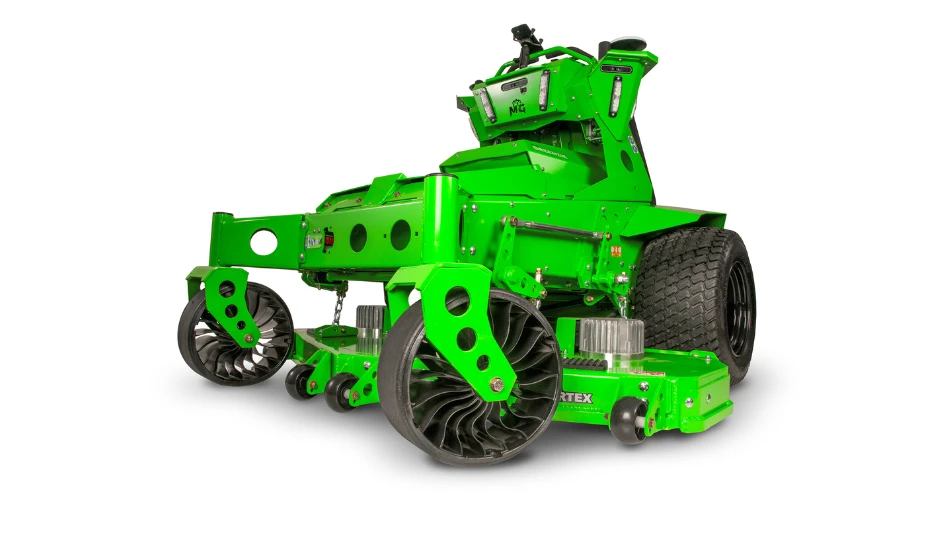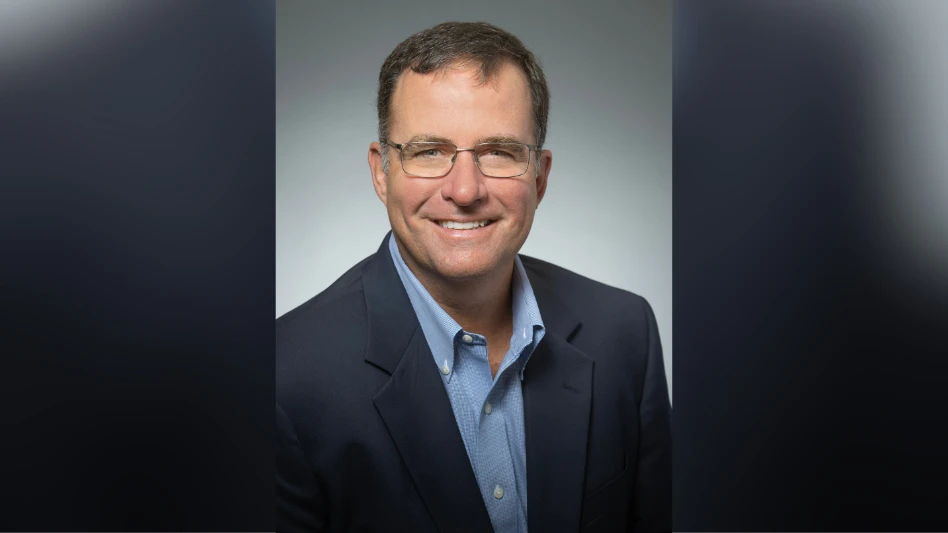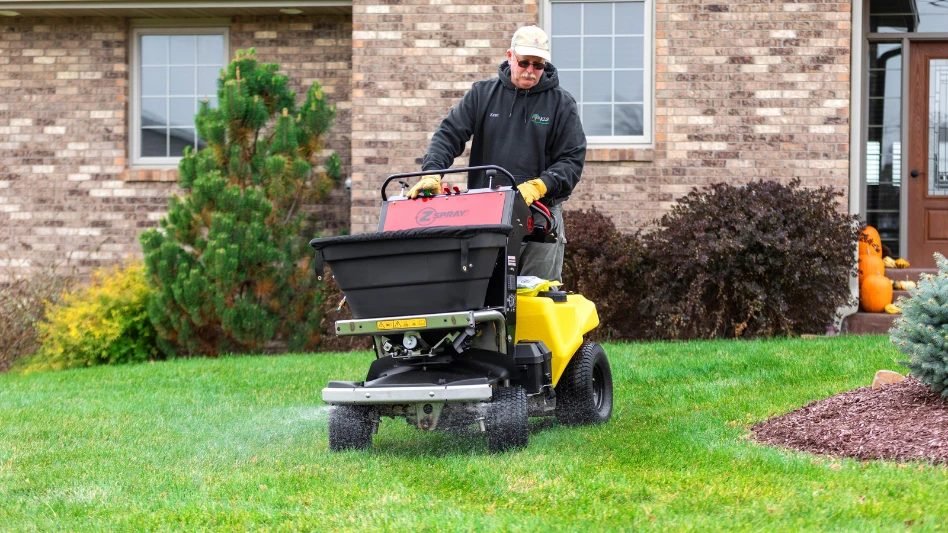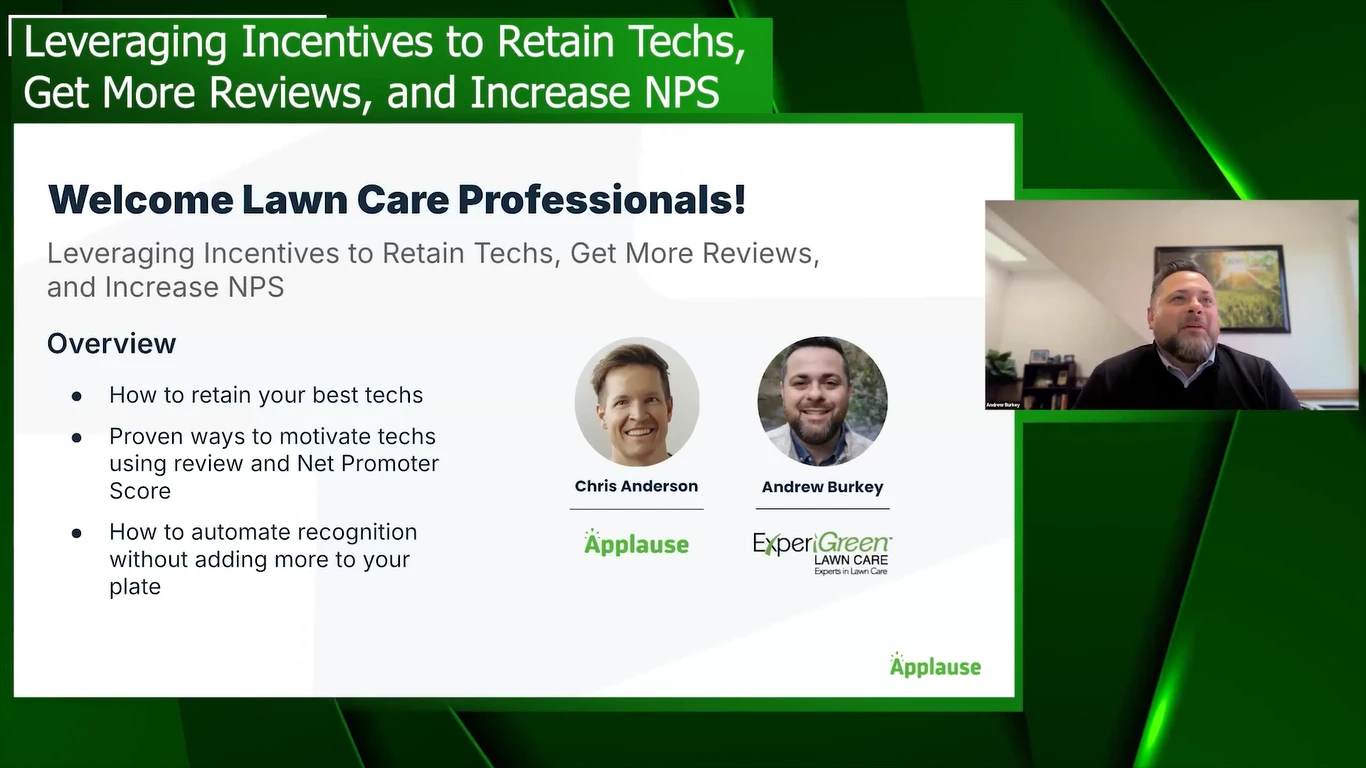A couple of good rainfalls in the spring and the Seabolts are set to water their yard for most of the summer without incurring costly watering bills.
One inch of rain — collected on the roof and dripped down chains and through gutters — is enough to fill two 1,700-gallon tanks buried in front of their Boise (Idaho) Foothills home.
A drip-irrigation system reuses the rain to water the landscaping.
“Rainwater harvesting” — collecting rainwater in barrels and tanks to be used to water plants, flush toilets and more — is becoming more popular in the water-conscious West. But in some states the seemingly simple action can run people afoul of the law — either for doing it or for not. In Idaho, the practice is allowed.
In Colorado, guiding water from a roof or downspout to anywhere other than the ground, like a barrel or cistern, can result in a $500 fine.
In Tucson, Ariz., though, a city ordinance passed in October requires all new commercial developments to install rainwater-harvesting systems.
Water is a valuable resource in much of the West, but every state has sought to protect it in different ways.
That’s why states such as Colorado, Utah and Washington have made rainwater harvesting illegal, while Arizona, New Mexico and Texas encourage it. Santa Fe, N.M., requires rainwater- capture systems for homes larger than 2,500 square feet and for commercial developments.
In Colorado, rainwater is considered surface water — it contributes to streamflows, which are state-owned water resources doled out to water-right permit holders. Capturing that water before it reaches the permit-holders is against the law — whether you fill a barrel off your roof or build a dam on your creek.
In Idaho, too, the state owns all the water, but people can harvest rainwater on their property “so long as it does not cause injury to the existing water rights of others,” said Idaho Department of Water Resources Deputy Attorney General Phillip Rassier.
Mark Hixson, who built the Seabolts’ home and designed its rainwater-harvesting system, is surprised more people are not using precious rainfall to help cut down on using costly potable city water for watering plants and gardens.
“This is a high-desert climate. Water is a commodity,” said Hixson, who grew up in the Southwest, where collecting rainwater is nothing new. “My grandparents had a cistern.”
The state’s Treasure Valley area receives the same amount of rainfall as Tucson — averaging a scant 12 inches a year — and even less than Santa Fe, which receives about 15 inches a year.
But each summer, more than 40 percent of the water flowing through United Water’s pipes is used outdoors — millions of gallons of treated, drinkable water never make it to a kitchen or bathroom.
The recent popularity of LEED certification has sparked a new interest in rainwater harvesting in the Treasure Valley. LEED — Leadership in Energy and Environmental Design — is a national benchmark for the design, construction and operation of high-performance green buildings.
The Banner Bank building in downtown Boise, a LEED platinum-rated building, collects stormwater and waste water from sinks to use to flush toilets.
Storing and reusing rainwater not only cuts down on utility bills and saves treated city water for drinking and bathing, said Hixson, it also helps reduce stormwater runoff into streets — recently listed by the U.S. Environmental Protection Agency as one of the major sources of water pollution in the country.
Hixson achieved a LEED gold rating for the Seabolts’ home, in part because of its rainwater-harvesting system and xeric landscaping.
Last summer, a rather dry few months, the couple’s captured rainwater lasted through mid-summer, Hixson said. When the tanks ran dry, the drip irrigation system was switched to city water. In a more typical rainfall year, the Seabolts might not need to augment their outdoor watering at all.
Latest from Lawn & Landscape
- Grow your business with mosquito control
- LandCare adds 2 branches in SoCal, promotes Aleman to branch manager
- Spray them away
- PERC helps debut propane direct-injection fuel system at ACT Expo 2025
- Retargeting Ads – A Secret Weapon for Growing Your Lawn Care Business
- Leading a growing company
- Project EverGreen launches Clean Air Calculator
- Rain Bird acquires smart lawn care company OtO from Toronto





